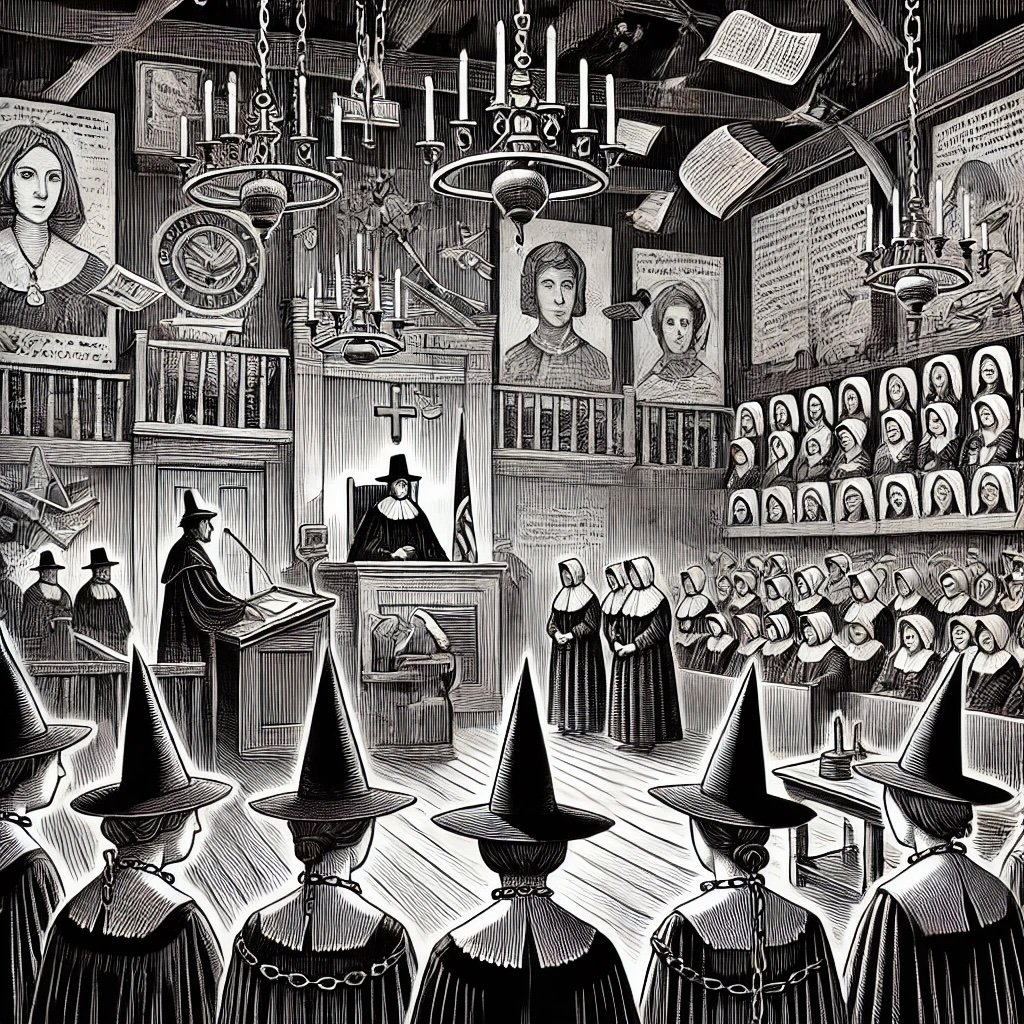I’m headed to Boston next week for a work conference, and while I’m there, I’m going to visit Walden Pond. I’ve been before and will be making a video/podcast about the trip. I also think it would be fun to visit Salem where the witch trials took place since Halloween is around the corner.
But let’s hit pause. Why did the Salem Witch Trials happen in the first place? There were many variables, but one that gets under my skin was the abuse of literature.
People of prominence like Cotton Mather, a Puritan minister, wrote and published works designed to incite fear among readers. He told of accounts where women (supposed witches) were causing all sorts of harm from broken legs to diseased cows, crops, and kids. He held nothing back. Why would he do this?
In my opinion, Mather had a lot to gain from people’s fear. They would turn to him for religious instruction and shelter from the evils around them. This support would fill his congregational hall, increase his popularity, and fatten his pocketbook with donations.
In Mather’s The Wonders of The Invisible World, he references several anecdotal stories of people who experienced curses performed by Martha Carrier, a supposed witch. His willingness to publish these stories in 1692 would have been equivalent to Jesus himself condemning Carrier. He even says, “I can do no other than relate the chief matters of fact…” (par.2). His insistence that his stories were factual drives his manipulation home.
All literature is a call to action. Some texts are written without bias, allowing the reader to choose for themselves and think critically. Other texts, particularly those of a religious or political nature, are usually biased and designed to prey on our instincts as herd animals. As Sigmund Freud says, “Opposition to the herd is as good as separation from it, and is therefore anxiously avoided” (45). We like to fit in, do what we’re told, and enjoy the safety of our community.
We usually believe what we read despite the validity of the work, and that’s why authors like Cotton Mather should be read with care. It is our job as readers to ask the critical questions that our authors sometimes fail to answer. In short, just because it’s in print (or on the web), that doesn’t make it true. Had people found the sense to think critically, many lives could have been spared in Salem.
Until tomorrow, read slowly – take notes – apply the ideas.
-Eddy
————————-
Works Cited
Freud, Sigmund. Group Psychology and the Analysis of the Ego. Logos Books, 2018.
Mather, Cotton. The Wonders of the Invisible World: A People in God’s Territory. 1692. PDC Rodas, www.pdcrodas.webs.ull.es/culturas/MatherTheWondersOfTheInvisibleWorld.pdf. Accessed September 13, 2024.
